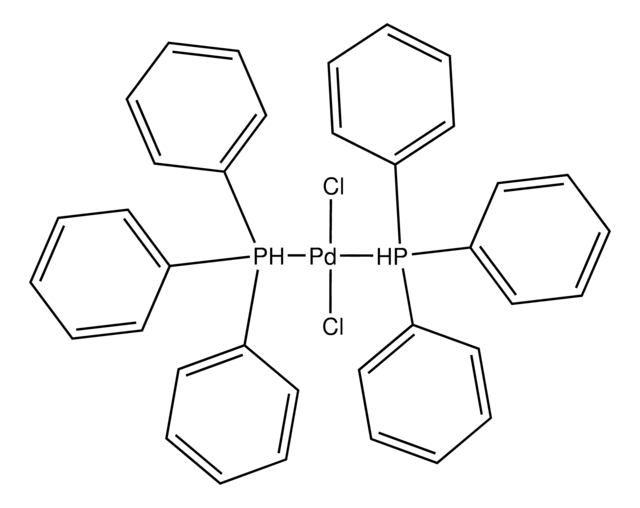524522
Tris(butylcyclopentadienyl)yttrium(III)
99.9% trace metals basis
About This Item
Recommended Products
Quality Level
Assay
99.9% trace metals basis
form
liquid
reaction suitability
core: yttrium
reagent type: catalyst
refractive index
n20/D 1.5685 (lit.)
density
1.11 g/mL at 25 °C (lit.)
SMILES string
[Y].CCCC[C]1[CH][CH][CH][CH]1.CCCC[C]2[CH][CH][CH][CH]2.CCCC[C]3[CH][CH][CH][CH]3
InChI
1S/3C9H13.Y/c3*1-2-3-6-9-7-4-5-8-9;/h3*4-5,7-8H,2-3,6H2,1H3;
InChI key
VPFJVCJZOKOCHT-UHFFFAOYSA-N
General description
Signal Word
Danger
Hazard Statements
Precautionary Statements
Hazard Classifications
Flam. Liq. 3 - Water-react 2
Supplementary Hazards
Storage Class Code
4.3 - Hazardous materials which set free flammable gases upon contact with water
WGK
WGK 3
Flash Point(F)
134.6 °F - closed cup
Flash Point(C)
57 °C - closed cup
Personal Protective Equipment
Choose from one of the most recent versions:
Already Own This Product?
Find documentation for the products that you have recently purchased in the Document Library.
Articles
Thin film photovoltaic devices have become increasingly important in efficiently harnessing solar energy to meet consumer demand.
Nanomaterials are considered a route to the innovations required for large-scale implementation of renewable energy technologies in society to make our life sustainable.
Nanomaterials are considered a route to the innovations required for large-scale implementation of renewable energy technologies in society to make our life sustainable.
Nanomaterials are considered a route to the innovations required for large-scale implementation of renewable energy technologies in society to make our life sustainable.
Our team of scientists has experience in all areas of research including Life Science, Material Science, Chemical Synthesis, Chromatography, Analytical and many others.
Contact Technical Service![Tris[N,N-bis(trimethylsilyl)amide]yttrium](/deepweb/assets/sigmaaldrich/product/structures/867/983/5b7cb7cd-8879-49e4-a9d7-29c52aaa82a0/640/5b7cb7cd-8879-49e4-a9d7-29c52aaa82a0.png)









